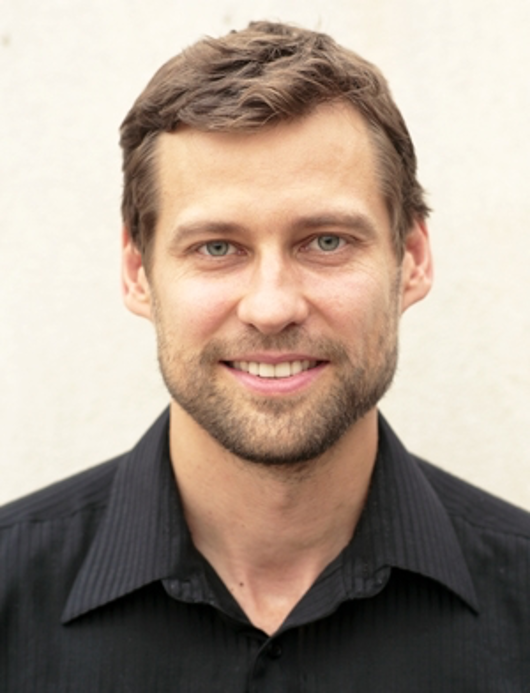J. Richard Pilsner, Ph.D. will join the C.S. Mott Center for Human Growth and Development faculty in the Wayne State University Department of Obstetrics and Gynecology, and the Institute of Environmental Health Sciences/Center for Urban Responses to Environmental Stressors, on Feb. 1.
Dr. Pilsner is noted for his work on paternal preconception environmental exposures contributing to reproductive success. His work, among the first human studies to investigate the influence of

phthalate exposure on sperm epigenetics, has appeared in journals such as Human Reproduction, and in mainstream media such as National Public Radio and The Boston Globe.
He joins the School of Medicine from the University of Massachusetts Amherst School of Public Health and Health Sciences, where he established two arms of environmental health research: a population-based cohort, the Sperm Environmental Epigenetics and Development study and use of mouse models. Both lines of research have been supported by multiple and active National Institutes of Health National Institute of Environmental Health Sciences grants, as well as international collaborations that extend to the Russian Science Foundation. Dr. Pilsner was also named a Center for Research on Families Scholar, focusing on the epigenetic impacts on the paternal germline, and has been nominated for several teaching awards.
His interest in the impact of the environment through epigenetics was formed at Columbia University, where he pursued and was awarded his doctoral degree, titled “The Metabolic Interactions Between Arsenic, Folate, and Selenium and their Impact on Genomic DNA Methylation,” in 2007 at the Mailman School of Public Health, Columbia University, New York. After completing his dissertation, Dr. Pilsner was awarded a three-year Robert Wood Johnson Health and Society Research Fellowship at the University of Michigan.
Capitalizing on the outstanding existing research of the Mott Center, IEHS and beyond, Dr. Pilsner will play an integral part in promoting continued collaboration and leadership to build research capacity at WSU. He joins as a tenured professor and will continue his work developing novel markers that predict reproductive success to further the understanding of sperm epigenetic aging (i.e., biological age for sperm). This will help resolve the critical role of preconception environmental health of men as a partnership in a couple’s reproductive success.